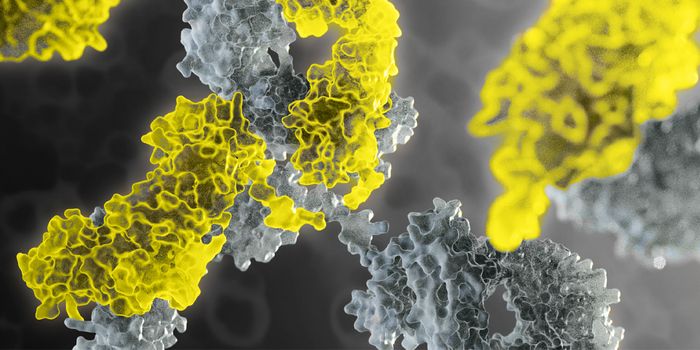TIL Therapy for Advanced Melanoma Extends Survival Over Ipilimumab
Immune checkpoint inhibitors (ICIs) have become a treatment option for many patients with advanced melanoma. Still, the chances of long-term success of ICIs for advanced melanoma remain only about 50%. One approach to improving survival lies in using infiltrating lymphocytes (TILs), immune cells that enter the tumor from the circulation. TILs recognize and attack cancer cells, so successful immune-based therapies require their infiltration into the tumor.
Adoptive cell therapies (ACTs), a type of immunotherapy involving the transfer of lymphocytes into a cancer patient, have expanded to treat several kinds of advanced cancer, including some melanomas. Typically, doctors will obtain lymphocytes from the patient’s blood, supplement their growth and development in a laboratory setting, and then provide a more potent immune cell product back to the patient.
Phase 2 trials show the efficacy of a new therapy, and they have demonstrated significant promise when evaluating the impact of ACT with TILs. However, phase 3 trials, which test how well a new treatment works compared to standard therapy, remain limited.
To address the need for comparative data, a team of researchers at various institutions initiated a phase 3 clinical trial (NCT02278887) to see if TIL therapy worked better than a standard ICI, ipilimumab. Results of the trial appear in a recent issue of the New England Journal of Medicine.
This multicenter trial enrolled patients with stage IIIC or IV melanoma. The study randomized participants to receive either TIL therapy or ipilimumab. The researchers monitored patients to evaluate progression-free survival (PFS), the time after treatment that a patient’s cancer does not get worse and overall survival (OS), the time from treatment until death.
The study enrolled 168 patients, 84 of whom received TIL and 84 of whom received ipilimumab. Almost 50% of the TIL group responded to treatment compared to only 21% of those receiving ipilimumab. Analysis revealed the average PFS in the TIL group as 4.2 months and 3.1 months in the ipilimumab group. TIL therapy also benefited OS as those receiving TIL lived, on average, 25.8 months post-treatment, while those in the ipilimumab group lived 18.9 months post-treatment.
The authors conclude that TIL therapy increased survival over ipilimumab in advanced melanoma patients. While TIL therapy poses significant challenges, such as requiring a patient with minimal comorbidities to withstand the procedure and the onset of toxicities induced by the regimen, this study indicates the potential to help a cohort of patients with advanced disease.
Sources: J Clin Oncol, Clin Cancer Res, NEJM (Rohaan), NEJM (Coukos)









